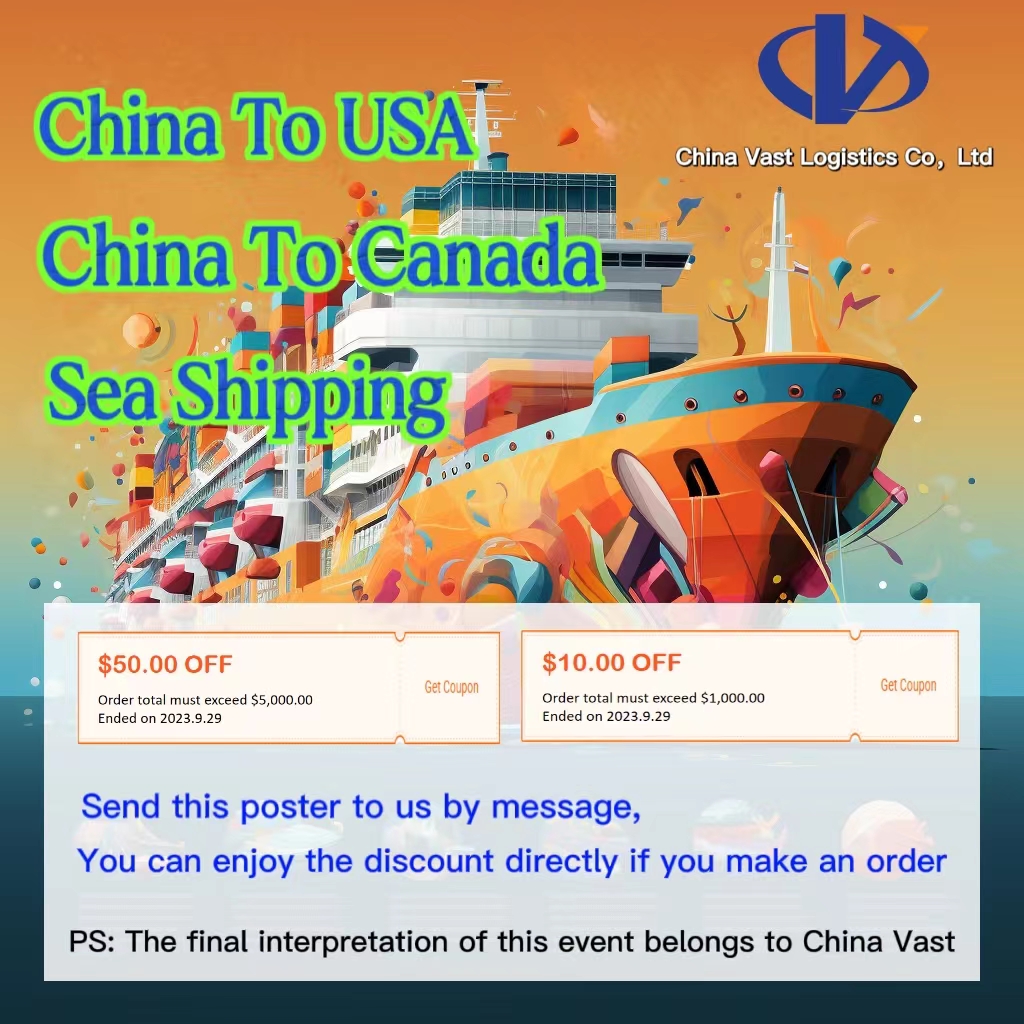
Related Read: The Complete Guide to Sourcing from China

Welcome to CHINA VAST GROUP, a distinguished enterprise established in 2005. As a leading service provider in China, we specialize in international logistics and supply chain services, with a commitment to innovation, mutual benefit, and win-win partnerships. We operate through three principal divisions: CHINA VAST LOGISTICS CO., LTD., VASTFORTUNE STORAGE AND TRANSPORTATION CO., LTD. and VASTREACH SUPPLY CHAIN CO., LTD., each dedicated to excellence in their fields.
